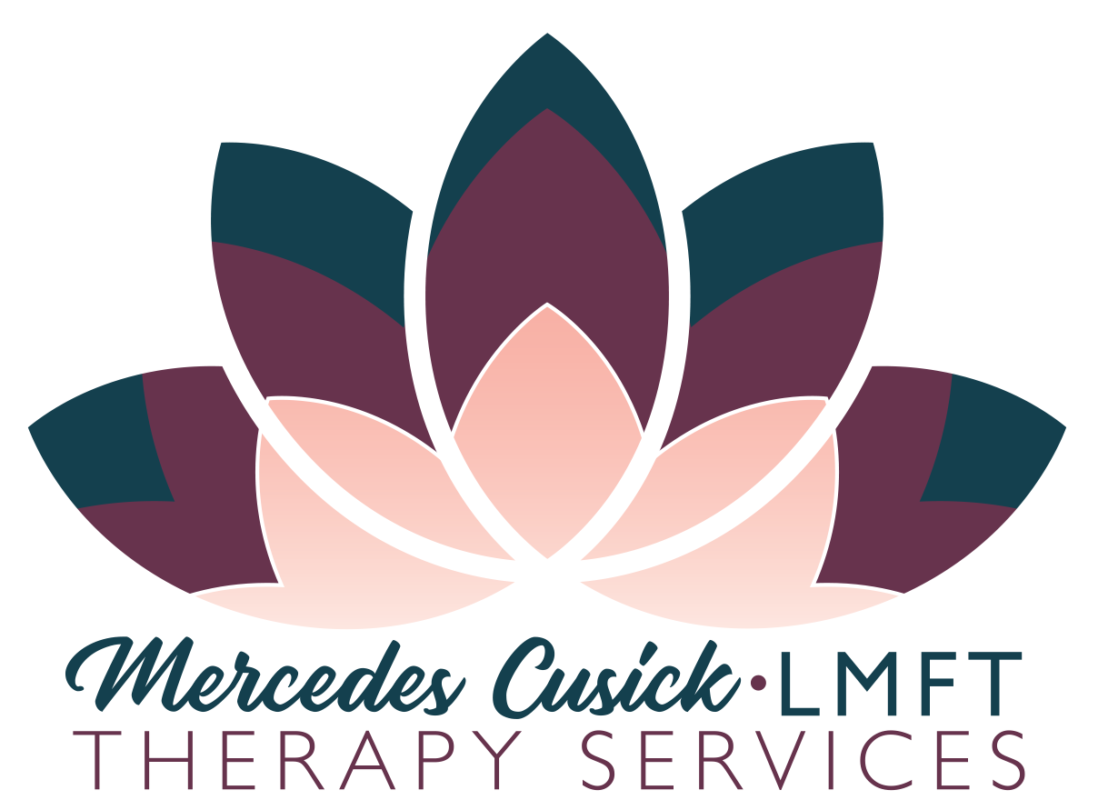Have you ever felt like your mind is a tape stuck on replay, churning over the same worries, traumas, or beliefs about yourself? Imagine if there was a rewind button to help you process these thoughts more healthily. That’s where EMDR therapy steps in—a groundbreaking approach to healing. If you’re curious about how this therapy could help, keep reading to discover nine signs it might be right for you.
1. Feeling Stuck in Your Healing Journey
Ever felt like you’re running on a treadmill, working hard but not actually moving forward in your healing journey? That’s a common sentiment for many, and it’s crucially important to recognize when conventional talking therapies aren’t enough. EMDR (Eye Movement Desensitization and Reprocessing) offers a unique approach, using eye movements to help your brain reprocess traumatic memories or deep-seated negative beliefs. If you’re feeling stuck, EMDR therapy might just be the path forward you didn’t know you needed.
2. Persistent Negative Beliefs About Yourself
Constantly battling thoughts like ‘I’m not good enough’ or ‘I’ll never succeed’ can be exhausting and demoralizing. These kinds of persistent negative beliefs are like vines, wrapping around your mind and hindering personal growth. EMDR therapy can help untangle these vines, offering a way to process these beliefs and replace them with more positive, empowering thoughts. It’s like cleaning out a garden—once the weeds are gone, there’s room for flowers to bloom.
3. Trouble Processing Past Traumatic Events
If memories of past traumatic events are still vivid and upsetting, no matter how much time has passed, it’s a sign that your brain hasn’t fully processed these experiences. EMDR therapy could help by transforming how these memories are stored in your brain, reducing their intensity and making them less distressing. It’s similar to changing the lens through which you view these memories, from one that’s cracked and painful to one that’s clearer and more manageable.
4. Difficulty Managing Current Stress
In today’s world, stress is a common experience. However, if you find it increasingly difficult to manage stress from day-to-day events, it might be due to underlying issues that haven’t been addressed. EMDR therapy can help identify the root causes of your stress and work through them, potentially making daily stresses easier to handle. It’s like having a mental toolbox that’s equipped for whatever life throws your way.
5. Experiencing Flashbacks or Nightmares
Flashbacks or nightmares can be signs that your brain is trying to process traumatic events but hasn’t yet succeeded. EMDR therapy specifically targets these kinds of memories, helping to desensitize your reaction to them and reprocess the memory in a healthier way. Imagine being able to look back on past events without the intense emotional response that once overwhelmed you. That’s the potential power of EMDR therapy.
6. Avoidance of Certain Places, People, or Activities
Avoiding triggers that remind you of traumatic events is a common coping mechanism. However, this can limit your life and prevent you from enjoying activities you once loved. EMDR therapy works to lessen the power these triggers have over you, enabling you to reengage with life more fully and without fear. It’s about regaining control and not letting your past dictate your present.
7. Feeling Detached or Numb
Feeling detached from your emotions or experiences, or feeling numb, can be a protective response to trauma or stress. But it can also leave you feeling disconnected from life. EMDR therapy aims to help you reconnect with your emotions in a healthy way, processing past experiences so you can move forward without the need for emotional numbness. This reconnection can bring a newfound zest for life and deeper connections with others.
8. Physical Symptoms Without Medical Explanation
Sometimes our bodies hold onto stress and trauma in ways that produce physical symptoms, like unexplained aches, pains, or even gastrointestinal issues, without a clear medical cause. EMDR therapy supports the mind-body connection, acknowledging that healing from emotional and mental stress can also alleviate physical symptoms. It offers a holistic approach to healing, recognizing the importance of treating both the mind and body.
About the Author:
I am Mercedes Cusick, LMFT, a certified EMDR trauma therapist specializing in EMDR intensives. I am dedicated to addressing trauma-related challenges and improving mental health outcomes. My commitment to trauma therapy is driven by its significant therapeutic effects, particularly for individuals grappling with complex trauma, PTSD, toxic relationships, and narcissistic abuse.
Serving a diverse community with dedication and empathy, I am proud to support individuals in the Los Angeles area, specifically in Woodland Hills, Calabasas, Agoura, Hidden Hills, West Hills, Northridge, Winnetka, Tarzana, Studio City, Sherman Oaks, Malibu, and Beverly Hills. Together, we can journey toward healing and resilience.


